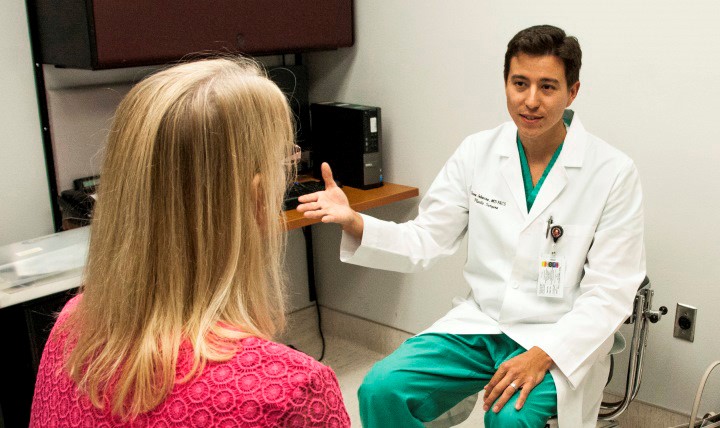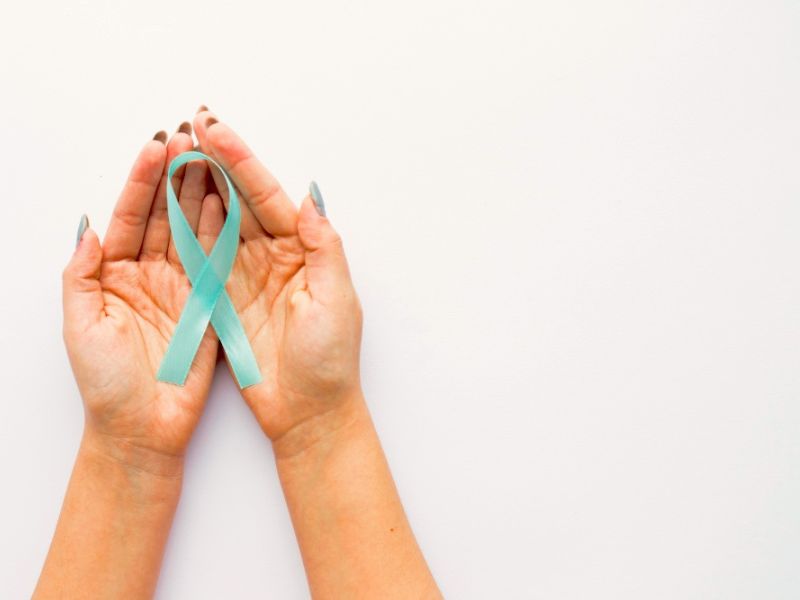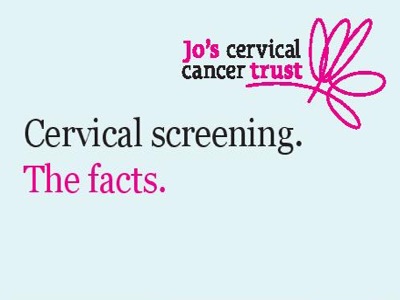Following the news that less women than ever are going for smear tests in the UK, potentially putting themselves at risk of many life-changing health complications, we may well ask ourselves: would we know when to seek out treatment if we did have a reproductive health issue?
New research by specialist lawyers Bolt Burdon Kemp and gynaecologist Dr Anne Henderson shows that 22% of women stop seeking official medical treatment for medical health issues, even when we shouldn’t. But why are we reticent from pushing for more medical advice?
Patients lack information about reproductive health
47% of women claimed they didn’t know enough about their reproductive health, meaning that almost half of us are unsure what vaginal changes could be serious. However, despite this lack of knowledge, Bolt Burdon Kemp’s research also uncovered that women are more likely than men to rely on the internet for answers. 4 in 10 women would check the NHS website before going to the GP while a quarter of women would rely on a general Google search.
Some of this reticence may be down to the fact that discussing ‘down there’ remains one of the last healthcare taboos for many women. 46% of women cited that they weren’t comfortable discussing their vaginas, leading to issues when approaching GPs, while 60% of us are calling for more education in schools to break down embarrassment around the topic further.
Women lack support when it comes to reproductive health
Another factor that might stop women speaking out about their issues is the attitude of doctors themselves. While women go to the doctor multiple times more than men, they are also more likely to stop seeking treatment even though their issue is not resolved, compared to men.
The research also found that 4 million women state that they have no-one to talk to about their reproductive health. 14% of women find it hard to talk to their doctor about their reproductive health, and 11% say they don’t feel heard when they talk to doctors about their vagina.
Add to that, women are also more likely than men to say they are too busy at work (9% versus 8%) and with family or kids (9% versus 6%) to see a doctor about their reproductive health. Dr Henderson says that it’s not uncommon. “I’ve had female patients who struggle with reproductive issues for longer than they should simply because they struggle to fit in appointments around their working hours and other responsibilities.”
All in all, the future looks rather grim for women. So, how do we address this breakdown? Dr Henderson suggests biting the bullet, switching Dr Google off, and addressing our concerns to a GP. If your GP can’t help, push for a second opinion, arm yourself with information from charities and, above all, don’t give up. Your persistence could save your life.








